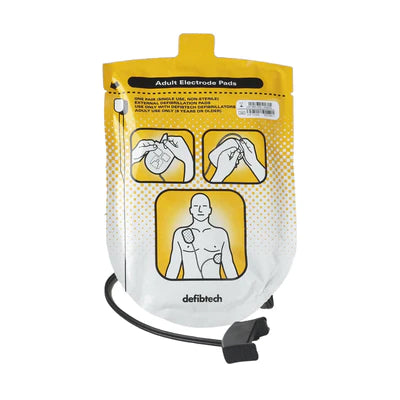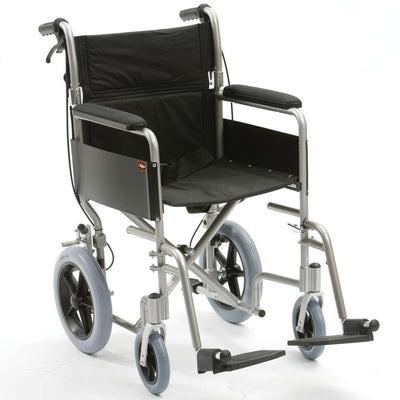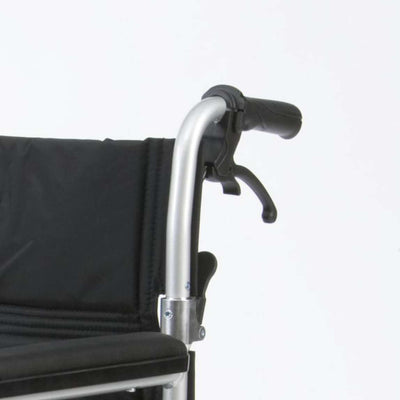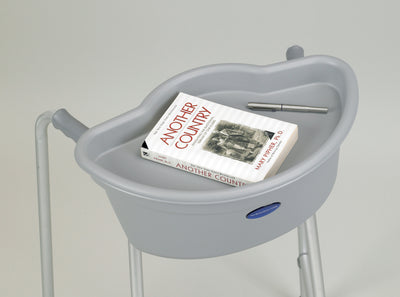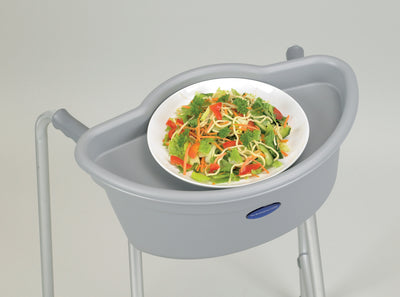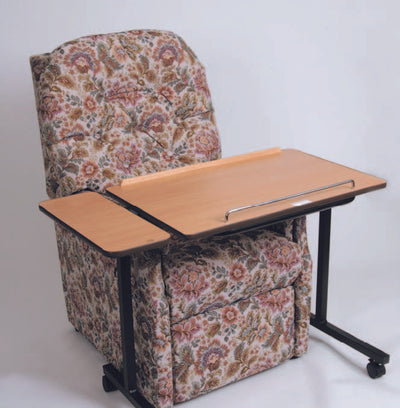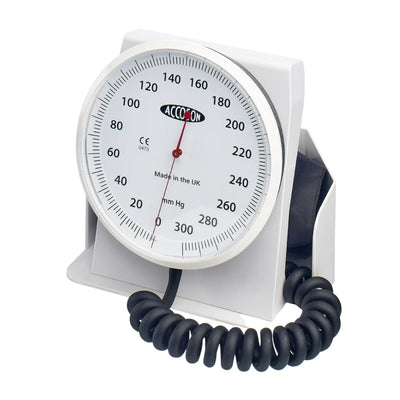Promoting dignity when caring for someone can mean the world to them. Often the most subtle or inconsequential-seeming actions can make the world of difference to a person who relies on family or complete strangers to look after many of their personal needs.
If an individual feels that their identity and value as a human being are not being respected they can quickly stop finding any joy in life or comfort in their place of care.
Adopting these 5 simple changes to your care routine can help to promote dignity and respect for the patient.
Ask their opinion on care-related decisions
Just because a person is no longer able to live independently doesn’t mean that they are no longer capable of making decisions or appreciating that their voice can be heard. The level of involvement in decision making will vary depending on the condition of the individual, but offering the dignity of conversation about plans and changes to the care will always result in a more positive result. When you listen to someone you give them respect and a feeling that they are still valuable and valid.
Decisions about meal plans, preferred daily routine and changes in their care can all be explained and discussed with the individual. Making changes without telling the patient will only result in confusion and dehumanizing feelings of disconnection.
Make Mealtimes Look and Taste Appetising
It might sound obvious but good-looking, delicious tasting food does make a difference to someone’s well being. For someone in care, mealtimes can be one of the highlights of the day and they might look forward to them with anticipation.
When someone can no longer be in charge of what they eat, they are at the mercy of the carer who is providing it - and there is nothing more disappointing than badly prepared food. Ask the individual what foods they like to eat and involve them in the meal planning for their care.
Respect their personal space
As the carer, respecting the boundaries between you and the individual is key to maintaining dignity. While you may be responsible for dealing with very personal care in terms of hygiene and medical support, it’s important to also respect their space and their belongings.
Knock before entering their room, ask if you need to move any items and remember to return them to their original place. Gaining trust between you and the individual in care will help them to feel more comfortable with their new situation.
Allow them to Choose their Clothing
While you might need to help someone to get dressed or support them to dress themselves, there is often no reason why they can’t choose the items they want to wear first. It will often be quicker for you to choose an outfit but we all have favourite items of clothing or feel drawn to different things on different days - and being cared for doesn’t necessarily change this.
Help the individual to select their outfits from their wardrobe or drawers, discuss with them what they will be doing that day and, if they need it, you can then assist them to get dressed with the dignity of having been able to have authority over something in their day.
Take Time to Talk
Stopping for a chat might feel like it’s eating into your busy schedule of caring but when you dedicate a short amount of time to sit and really listen to the individual, you are showing that they are valid and that they are still worthy of being listened to.
While you might chat to lots of people in your day to day life, someone who is being cared for might only see you from one day to the next. So be sure to be the person who gives them time for a chat.
Let them lead the conversation, if they can, and try to ask questions that show you’re keen to hear more about what they have to say. Bring them news of life outside their care situation, ask about their family, history, interests and skills - you might be amazed at what you hear. Before needing care, most people have lived full and interesting lives that will offer many stories and opportunities for conversation.
June 2023


